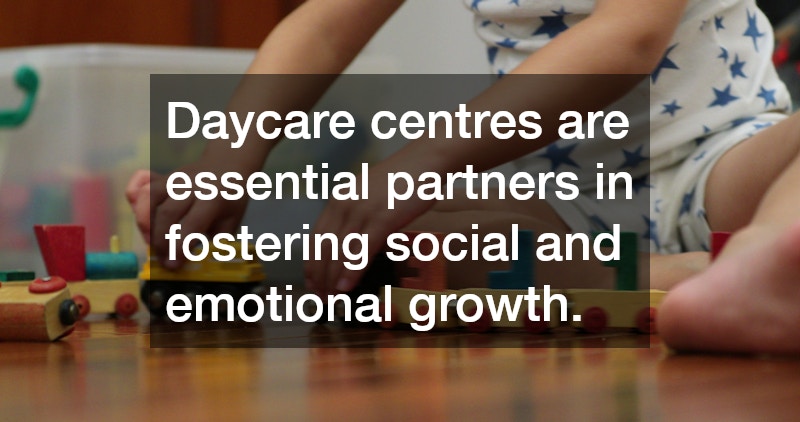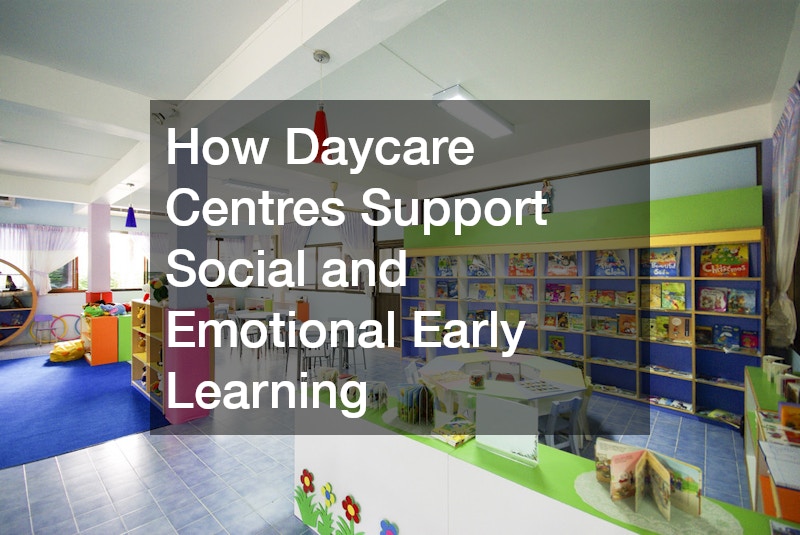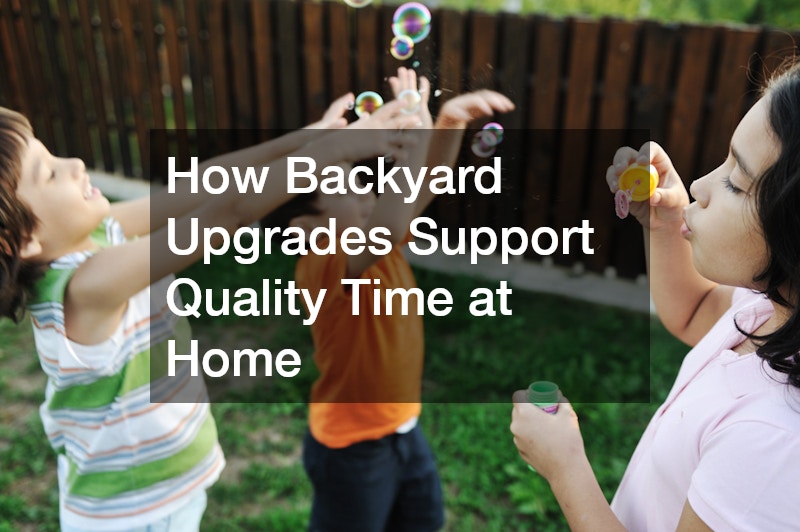How Daycare Centres Support Social and Emotional Early Learning
Early childhood is a critical period for social and emotional development. During these formative years, children begin to understand their feelings, develop empathy and build the foundational skills needed for positive relationships throughout life. Daycare centres play a vital role in supporting this growth by providing structured environments where children can engage with peers, explore emotions and learn essential social skills. This article explores how daycare centres contribute to social and emotional early learning, highlighting the benefits for children and families alike.
The Importance of Social & Emotional Development in Early Childhood
Social and emotional skills form the bedrock of a child’s future success both in and outside the classroom. These abilities include recognising emotions, managing feelings, showing empathy and cooperating with others.
When children learn these skills early, they tend to have better academic performance, stronger friendships and improved mental health.
Daycare centres offer a unique setting where children can practice social interactions regularly. Unlike at home, where children primarily interact with family members, daycare provides opportunities to engage with peers from diverse backgrounds and experiences. This exposure is essential for children to develop self-awareness and emotional regulation.
How Daycare Centres Foster Social Skills
One of the primary ways daycare centres support early learning is by creating opportunities for children to build social skills. Through group activities, playtime and routines, children learn how to share, take turns, communicate their needs and resolve conflicts. Early childhood educators facilitate these experiences by modelling positive behaviours and guiding children through social challenges.
For example, during play, children negotiate rules, collaborate on projects and practice language skills. Educators encourage inclusive play and help children express their thoughts clearly and respectfully. Over time, this helps children develop confidence in social settings and an understanding of others’ perspectives.
In addition, daycare centres often implement structured group times where children participate in songs, storytelling and games. These activities foster cooperation and listening skills, encouraging children to be attentive and responsive to others. By regularly practising these interactions, children strengthen their ability to connect and communicate effectively.
Emotional Learning Through Supportive Relationships
Emotional development is another key focus in daycare centres. Young children frequently encounter new feelings such as frustration, excitement or anxiety as they explore the world. Daycare staff are trained to recognise these emotions and support children in managing them in healthy ways.
Building trusting relationships with educators provides children with a safe base from which they can express their feelings and seek comfort when needed. Through consistent care, educators learn each child’s unique personality and emotional needs, tailoring their support accordingly.
Daycare centres also teach children simple strategies for emotional regulation such as deep breathing, counting to calm down or using words to express feelings instead of actions. These techniques equip children with tools to manage stress and develop resilience.
The Role of Families & Daycare Centres in Supporting Development
Effective social and emotional early learning in daycare centres involves collaboration with families. When educators and parents work together, children experience consistency in how their emotional and social needs are supported. Daycare centres often provide regular updates and resources to families to help reinforce learning at home.
For instance, parents may receive guidance on encouraging positive behaviour, managing emotions or fostering friendships outside daycare hours. Open communication between families and educators ensures children feel supported in all environments, which strengthens their overall development.
Creating an Inclusive & Nurturing Environment
A welcoming and inclusive environment is crucial for social and emotional development. Daycare centres prioritise diversity and respect for all children, fostering a sense of belonging. This approach teaches children to appreciate differences and develop empathy towards others.
Physical spaces are designed to be safe and stimulating, with quiet areas for calming down as well as open spaces for active play. Materials such as books and toys reflect diverse cultures and experiences, encouraging children to learn about and respect the world around them.
Educators receive ongoing professional development to stay informed about best practices in early childhood social and emotional education. This commitment ensures that daycare centres continue to provide high-quality care that supports children’s growth holistically.
Benefits for Children’s Long-Term Wellbeing
The social and emotional skills children develop in daycare centres lay the foundation for lifelong wellbeing. Children who master these skills early are more likely to form healthy relationships, handle challenges with confidence and succeed academically.
Moreover, early social and emotional competence reduces the risk of behavioural problems and mental health issues later in life. By providing consistent support during this critical stage, daycare centres contribute significantly to children’s resilience and happiness.
Daycare centres are essential partners in fostering social and emotional growth. Through supportive relationships, structured activities and inclusive environments, they help children build the skills needed for success in school and life. By working closely with families and prioritising each child’s emotional wellbeing, daycare centres ensure children are equipped to navigate their social world with confidence and empathy. Investing in quality learning environments benefits not only children but communities as a whole.
.





Post Comment